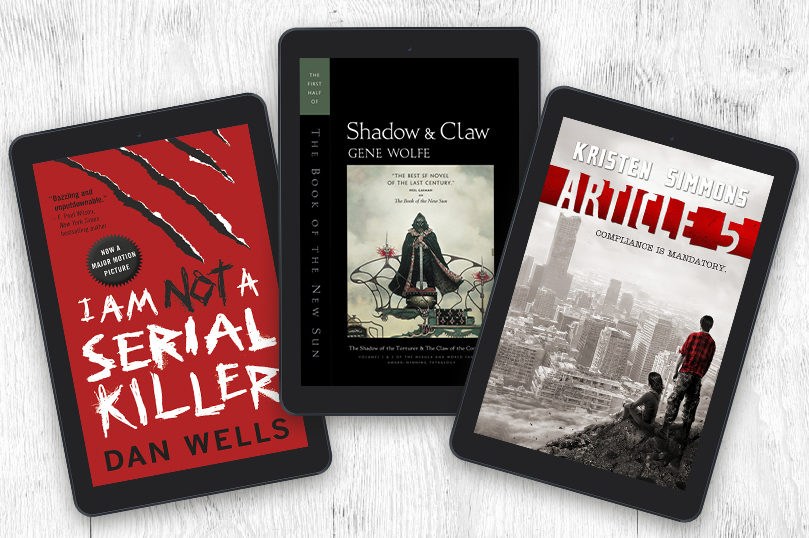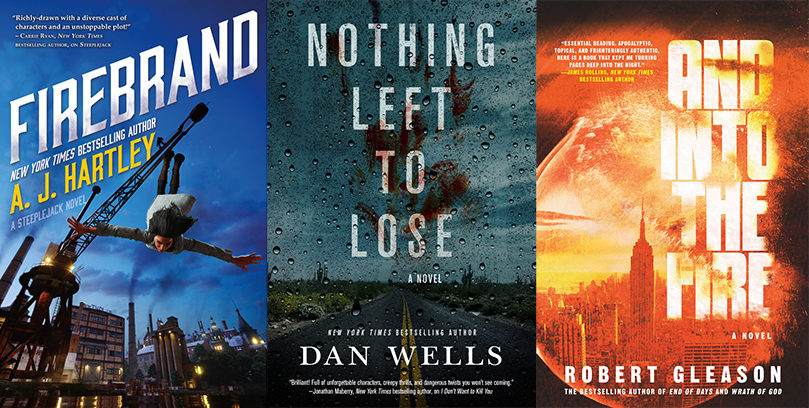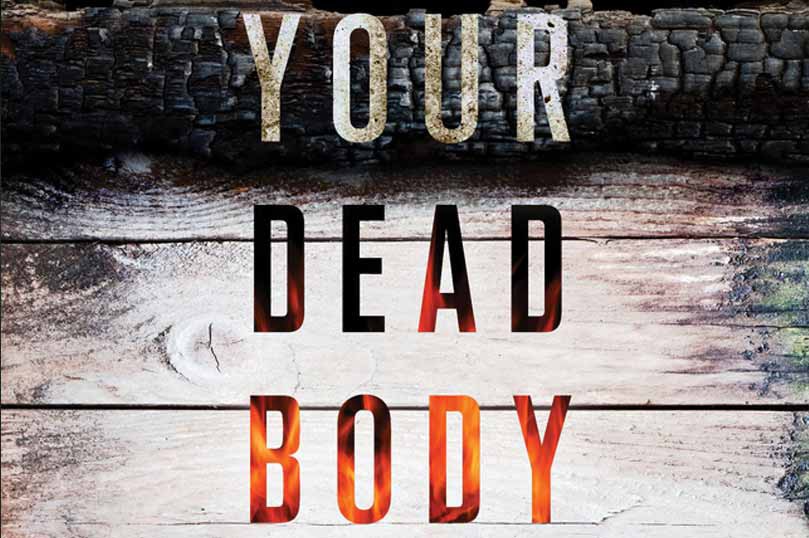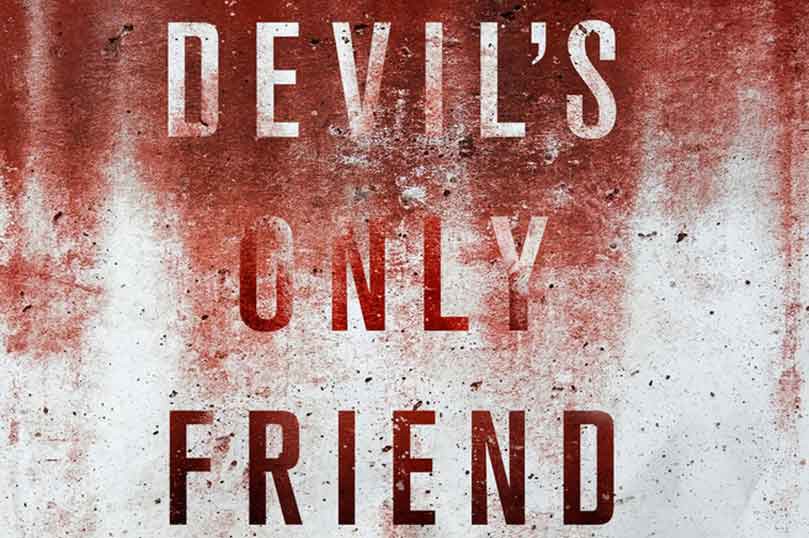
New eBook Bundles: 11/14/17
New ebook bundles from Kristen Simmons, Gene Wolfe, and more!

New ebook bundles from Kristen Simmons, Gene Wolfe, and more!

New from Robert Gleason, Frank M. Robinson, A.J. Hartley, and more!

In Over Your Dead Body by Dan Wells, John and Brooke are on their own, hitchhiking from town to town as they hunt the last of the Withered through the midwest–but the Withered are hunting them back, and the FBI is close behind. With each new town, each new truck stop, each new highway, they…
Tor/Forge authors are on the road in June! Once a month, we’re collecting info about all of our upcoming author events. Check and see who’ll be coming to a city near you: Alex Bledsoe, Long Black Curl Thursday, June 11 A Room of One’s Own Madison, WI 6:00 PM Saturday, June 13 The Avid Reader…

The Devil’s Only Friend author Dan Wells shares a dirty little secret.
I Am Not a Serial Killer receives a starred review from Kirkus Reviews in the March 1 issue! They say: “Well’s debut, the first in a projected trilogy starring a character who seems the love child of Showtime’s Dexter and F.Paul Wilson’s Repairman Jack, is an unabashedly gory gem…this deft mix of several genres features…